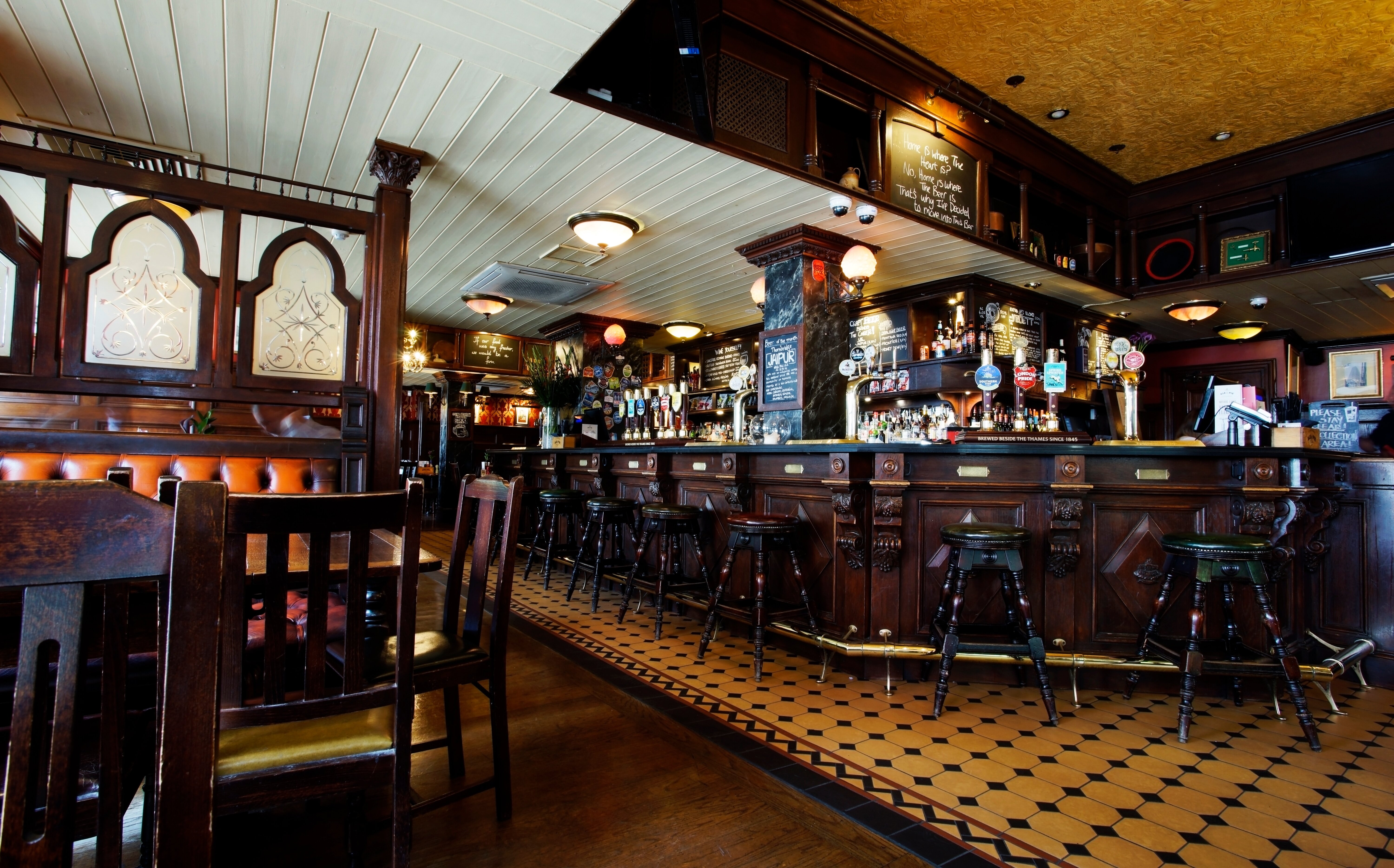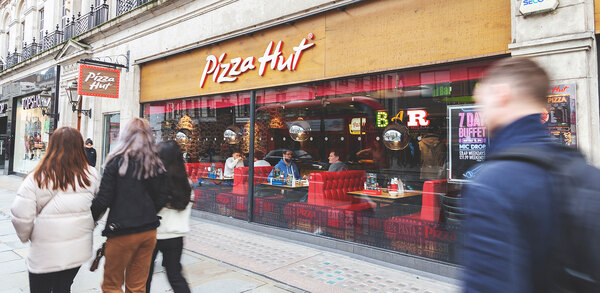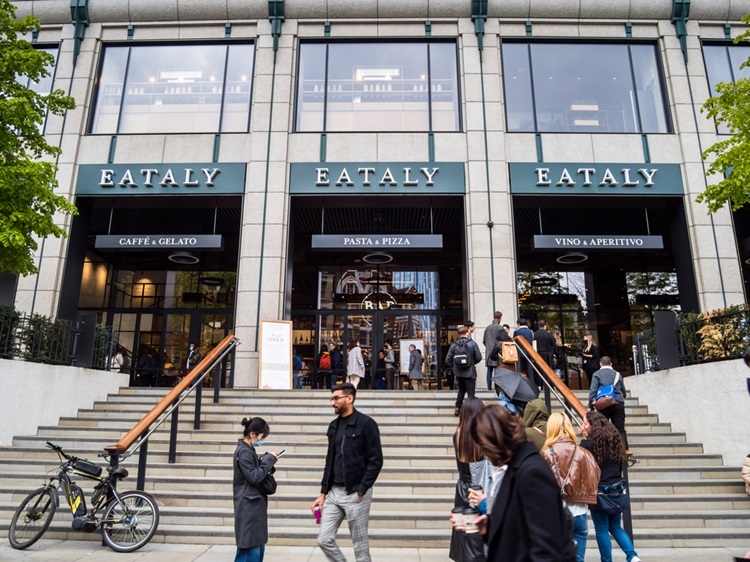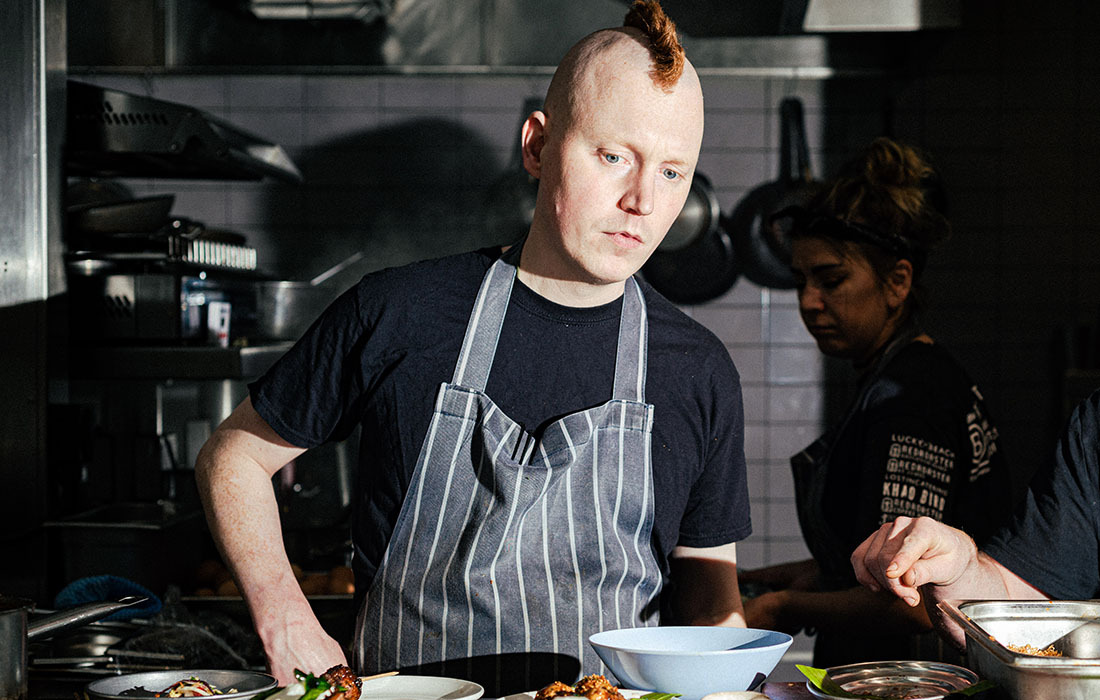Nearly 6,000 licensed premises lost last year
Britain lost around 6,000 licensed premises last year, the latest Market Recovery Monitor from CGA and AlixPartners reveals – nearly triple the number in 2019.
It showed that the Covid-19 pandemic and wave of lockdowns contributed to a net decline of 5,975 sites in 2020. This represents a 5.1% contraction in the market since the end of 2019, and a 175% increase on the 2,171 drop in sites that year.
The turmoil of 2020 led to the permanent closure of 9,930 sites, with only 3,955 opening for the first time, meaning that for every new opening in the market last year there were 2.5 closures – close to double the ratio of 1.3 in 2019.
The Market Recovery Monitor forecasts many more closures in 2021. It highlighted in particular the significant impact on the casual dining sector, where total site numbers dropped by 9.7% in 2020, and 3.8 permanent closures for every new opening. The community, food and high street pub segments all saw numbers fall between 3.9% and 5.1%. The sports and social club sector, which has suffered from bans on events and socialising, recorded a decline of 6.2%.
Karl Chessell, CGA’s business unit director for hospitality operators and food, EMEA, said: “With stop-start trading for much of 2020 and a widespread shutdown during what should have been a bumper Christmas, nearly 10,000 licensed venues have not been able to make it through, and it is sadly inevitable that thousands more casualties will follow.”
He added: “After such a bleak Christmas it is difficult to be optimistic about the market. But consumers are desperate to get back to eating and drinking out, and we can be confident that footfall and sales will return when the sector can finally reopen. In the meantime, the case for government support over the next few months is urgent and compelling. There are better days to come, but the sector will be in survival mode for some time yet.”
AlixPartners' managing director Graeme Smith said: “The wave of closures seen across the hospitality sector in 2020 have been devastating. Longer term this may bring opportunities for ambitious operators, by freeing up property and labour and reducing competition and costs. However, right now survival remains the name of the game.
"The government support that followed this latest lockdown is a drop in the ocean for many operators, who continue to accrue debt and burn through cash. Critically, unlike the first lockdown, operators now don’t have the benefit of a cash pile generated through the key Christmas trading period.
"Businesses, their funders, landlords and other stakeholders urgently need certainty and a roadmap to reopening. The rapid rollout of the vaccine offers hope, but with restrictions unlikely to be lifted until Easter at the earliest, the coming months will likely see more sites lost for good.”
UKHospitality warned that businesses in the hospitality sector must receive further support if they are to survive the crisis and play their part in the rebuilding of the economy.
Chief executive Kate Nicholls said: “The loss of 6,000 premises is a dreadful blow to this country’s hospitality sector, but it is going to be the tip of the iceberg if we continue on our current course.
“The sector’s outlet numbers have contracted 5% and one in five businesses say they do not have enough cash to last beyond February. The entire sector continues to be hit hard, but restaurants have arguably been hit hardest of all. Not surprisingly, many of the worst off are independent businesses teetering on the verge of collapse due, in large part, to the issue of rent debt.
“This is a stark reminder of the importance of having an exit strategy and ongoing support for businesses. Sustaining businesses, keeping them alive and keeping jobs protected is vitally important and is going to be key to recovery once we emerge from this. If we have the right support in place now, it will make the job of recovery much more achievable once we are in a position to reopen again.
“The forthcoming Budget must be a one which delivers a bold, wide-ranging package of financial support to ensure as many businesses as possible are saved. The VAT cut and business rates holiday extensions must be top of the menu.”
Photo: Shutterstock


















